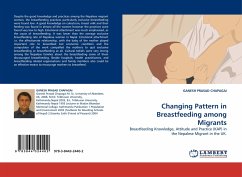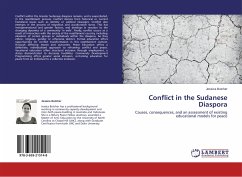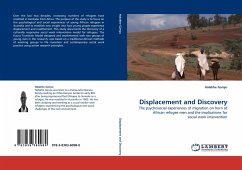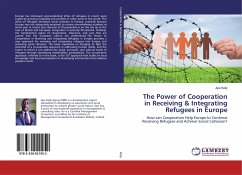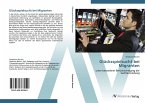Despite the good knowledge and practices among the Nepalese migrant women, the breastfeeding practices particularly exclusive breastfeeding were found low. A good knowledge on colostrum, breast milk and their feeding was found in almost all the women however the practices ware found very low to high. Emotional attachment was much emphasised, as the cause of breastfeeding. It was lower than the average exclusive breastfeeding rate of Nepalese women in Nepal. Emotional attachment i.e. the affectionate relationship, with the baby of the mother played important role to breastfeed but economic condition and the compulsion of the work compelled the mothers to quit exclusive breastfeeding or breastfeeding at all. Cultural beliefs were very strong among the Nepalese families about the breastfeeding some of them discouraged breastfeeding. Beside hospitals, health practitioners, and breastfeeding related organisations and family members also could be an effective means to encourage mothersto breastfeed.
Bitte wählen Sie Ihr Anliegen aus.
Rechnungen
Retourenschein anfordern
Bestellstatus
Storno

